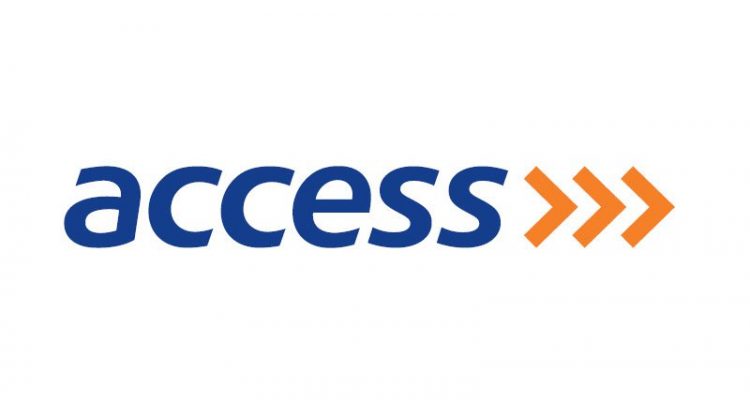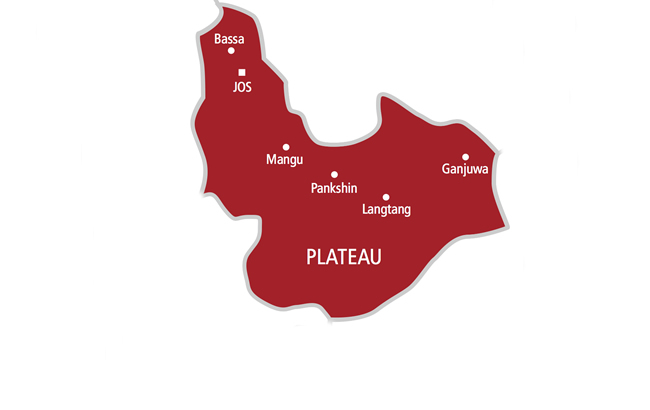HEALTH MATTER
With FRANCIS EZEDIUNO
Indeed the battle to ensure that mothers and newborn babies are safe is a concerted effort on the side of all concerned. It means the government and other stakeholders across the divides have one input or the other to chip in and by all accounts, they have not failed in that aspect.
In the State of Osun, the government has in the least done its best to ensure the reduction in the mortality rate of mother and newborn babies.
Before the advent of the present administration, past administrations have done their best to tackle this problem but none has taken the bull by the horns like that of Ogbeni Rauf Aregbesola which came into office on the 27th November, 2010.
A non-interested administration would have continued with business as usual but not with the new ‘Sheriff’ in town, as the administration was determined to set a new record.
Over the years, the administration has been committed to marking the Maternal, Newborn and Child Healthcare Week [MNCHW] twice every year in May and November and every year the opening ceremony for the week has taken a grand form, under the watch of Dr. Temitope Ilori and now Dr. Rafiu Olasukanmi Isamotu, the former and present commissioners respectively.
The year 2018 edition of the MNCHW was the icing on the cake, as so many interests came together to make it a memorable one. This edition caught the attention of two first ladies, first was that of the host first lady, Alhaja Sherifat Aregbesola and her Sheri Care Foundation [SCARF] pet project and the wife of the president of the Federal Republic of Nigeria, Hajia Aisha Buhari’s Aisha Buhari Foundation.
Both charitable organizations were on hand to present to expectant and nursing mothers with items like Long Lasting Insecticidal Nets [LLIN], mama kits, solar powered reading lights, deworming tablets and a host of other items which was gladly accepted by the women who graced the occasion in large number.
It is evident to note that a great deal of improvements has been achieved by the government, as every sector of health care has felt its Midas touch.
It will not surprise any follower of this programme to know that the MNCHW was introduced by the National Health Council in 2010 with the objectives set out to mobilizing health facilities, providers and stakeholders to work to reduce mortality in mothers, newborn babies and children.
Another objective is that it is an awareness creation meant to mobilize and sensitize all stakeholders to work to end preventable death among women and children.
Without doubt, Ogbeni Aregbesola has in the past seven and half years done his best in consonance with the Health Ministry of the state to adhere strictly to these objectives; a testimony to this is the interest to back this year’s edition by two charitable foundations.
During the course of the programme, many goodwill messages were relayed to attest to the fact that the present administration had committed itself to the welfare of pregnant mothers and newborn babies.
The Osun first lady, Alhaja Sherifat aregbesola was not to be outdone as she noted that despite improvement in the data of MNHCW indicators in the last 10 years, the outlook nationally and in the state demands more work in order to meet the goal of improving the health and well being of women, newborn babies, children and the adolescents and in doing so, the creation of prosperous future would be sustained.
According to the founder of SCARF, the realization of these made the administration of Ogbeni Rauf Argebesola to place high priority on the issue of improving healthcare deliveries especially in the underserved areas of the state.
She also revealed that it is on record that Osun is one of the few states which have properly positioned its Primary Health Care Board to have full coverage of primary Health Care [PHC] in all the local government areas.
The full working of PHC in the state has succeeded in bringing primary health care delivery under one roof with the aim to ensure that every ward in the state has a functional primary health care centre.
This is no mean feat under any administration. Equally added are plans by the government to establish and operationalize the State Health Insurance Scheme and to concession the pharmaceutical deliveries across the state so that the challenge of shortage of drugs at health facilities will be tackled once and for all.
Nigeria is ranked amongst worldwide as an MNCHW low index country and as such the survival of a child and safety of a newborn are largely affected by the skill of the birth attendants.
According to the last Nigerian Demographical Health Survey of 2013, the data of birth assisted by skilled health providers showed a marked difference between the rate in the urban and the rural areas.











